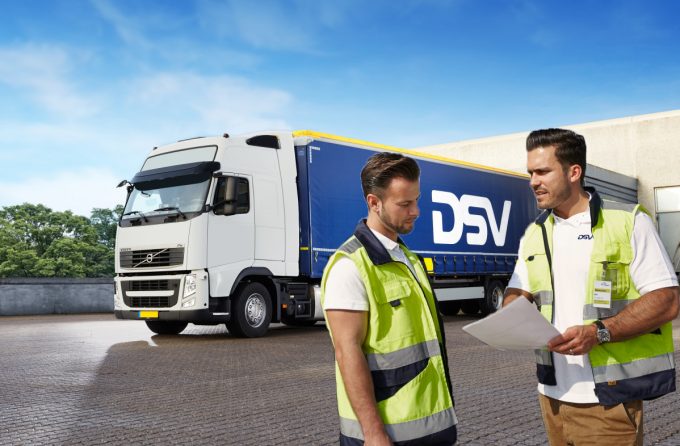Forward Air – damn it! Sell it? Haha, yeah, right...
Love the dog

The guessing game over DSV’s next acquisition target has begun.
In an earnings call this morning, the ’poster boy for freight forwarding’ announced strong results, but much of the focus was on its M&A plans.
With the integration of UTi now concluded, CEO Jens Bjørn Andersen said. ...
Keep our news independent, by supporting The Loadstar
Red Sea crisis has driven most new capacity into extended Asia-Europe trades
Rapid transpacific capacity build-up continues – can USWC ports handle it?
Carrier price hikes hold, driving spot rates higher as space gets scarcer
Crew forced to abandon ship in latest fire on vessel carrying EVs
The Loadstar Podcast | Transport Logistic and Air Cargo Europe 2025
Carriers on the hunt for open tonnage again as transpacific rates soar
Uncertainty drives Yang Ming fleet boost as focus switches to Asia-Europe trades
Asia-West Africa ULCV deployment opens new markets for carriers
Project cargo: oversized and heavy, posing risks outside the norm for ports
Turkish Airlines falls foul of air safety regulations, claims India's aviation authority

Comment on this article